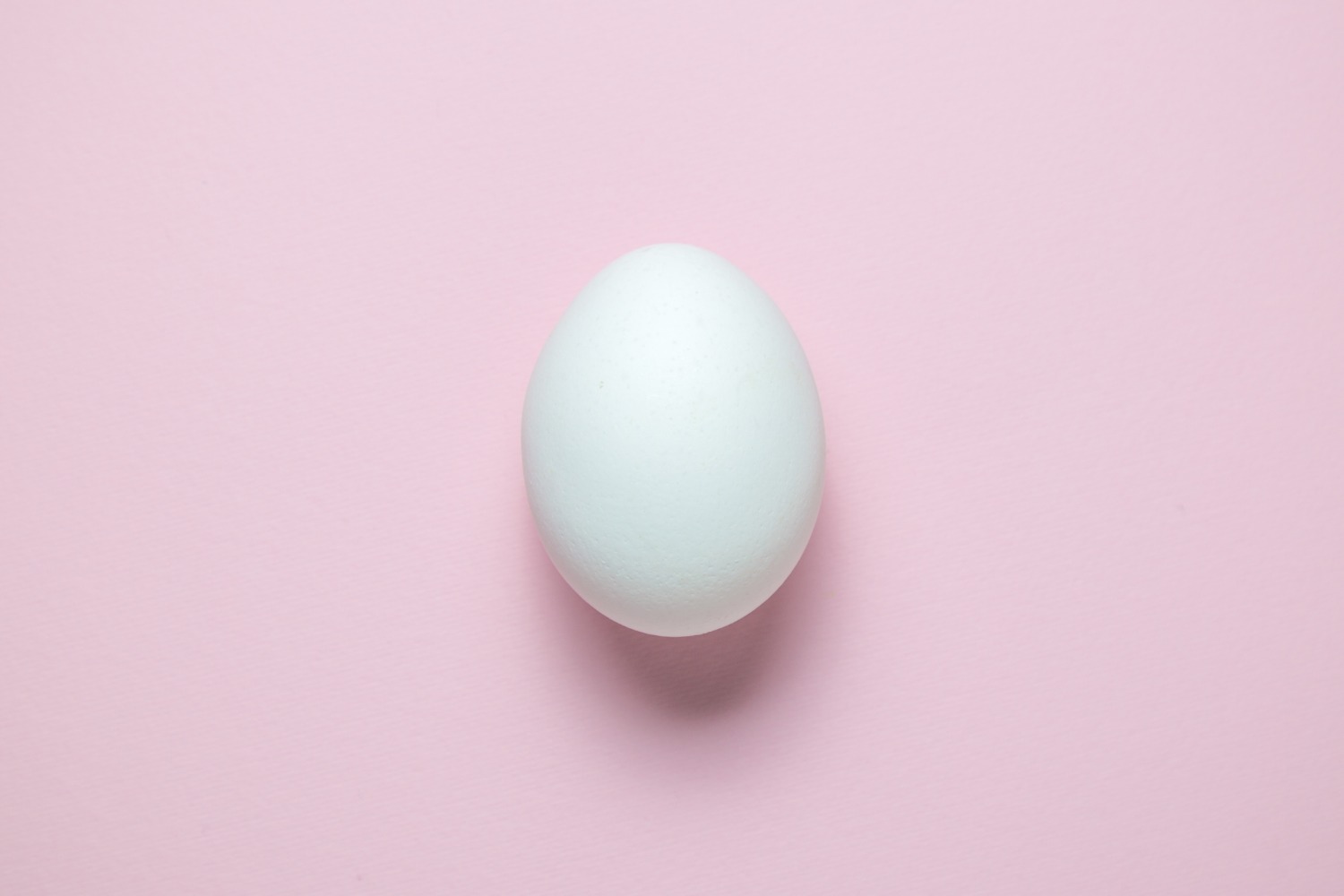A Q&A With CCRM Fertility Specialist Dr. Yetunde Ibrahim
Q: Is the biological clock real?
A: “The biological clock” is a metaphor commonly used to describe the relationship between a woman’s age and her fertility. A woman’s fertility does decline as she ages, and the process speeds up in her mid to late 30s.
Q: How does age affect fertility?
There are a number of key factors that can impact age-related fertility. First, the quantity of eggs decreases as a woman ages. Unlike men, who continually produce sperm from puberty on, a woman is born with all the of eggs that she will ever have. At birth, a woman will have approximately 1-2 million eggs and there is a natural attrition that occurs even before her first ovulation and subsequently thereafter. By the time a woman experiences her first period, she has about 400,000 eggs. For every one egg that a woman ovulates, she loses approximately 1,000 eggs. Which means that a woman goes through approximately 400 ovulations during her reproductive window.
Not only is there a decrease in the number of eggs, there is also an age-related decline in egg quality. As a woman ages, her eggs will have an increasing number of chromosomal abnormalities (when there are too many or too few chromosomes), which can lead to failed implantation, miscarriages and children born with chromosomal abnormalities.
At age 35, approximately 30% of a woman’s eggs are chromosomally abnormal. By 38 years, that number has risen to approximately 50%. By 40 years, that number is approximately 65% and by 43 years, the number of chromosomally abnormal eggs is approximately 90%. Naturally, there are some women who fall to the left of this graph and some that fall to the right. For any given woman, it is safe to assume that she would stop being able to get pregnant on her own approximately ten years prior to when her own body would go through menopause.
Q: Is there any way to slow down the biological clock?
A: While there is no way to prevent age-related fertility decline from occurring, a woman may improve her odds of a pregnancy later on in life by freezing her eggs. There are multiple reasons why women delay childbearing, whether it is because they have not met the right partner or amongst other reasons. The American Society for Reproductive Medicine has stated in a committee opinion published in 2018 that it is “ethically permissible to undergo planned oocyte cryopreservation.” While this may serve as an insurance for women against future infertility due to the natural ovarian aging process, it is important to note that it is never a guarantee for success in the future.
Q: Are there medical conditions where egg freezing is recommended?
A: There are circumstances when egg freezing is recommended for medical reasons. These are for patients who unfortunately have to undergo certain treatments that are toxic to their ovaries for example, chemotherapy or radiation therapy to the pelvic region. Due to advances in the technology for egg freezing and thawing, egg freezing prior to treatment is a viable option for these women. The first step would be to consult with a reproductive endocrinologist. Egg freezing for this reason would often require communication and collaboration with oncologists and other medical professionals so as not to delay lifesaving treatments as needed.
Q: What is the egg freezing process?
A: There are three main steps involved in the egg freezing process. First, you will need a fertility assessment involving blood tests and an ultrasound where your doctor can determine your ovarian reserve. Next, you’ll inject medications to stimulate your ovaries to grow as many eggs as safely possible. And the final step in the egg freezing process is the egg retrieval, where we will collect and freeze your eggs and they are stored until you are ready to use them.
If you’re interested in finding out if you’d be a good candidate for egg freezing or would like to learn more about the egg freezing process, please contact us to set-up an appointment with a CCRM fertility specialist.


